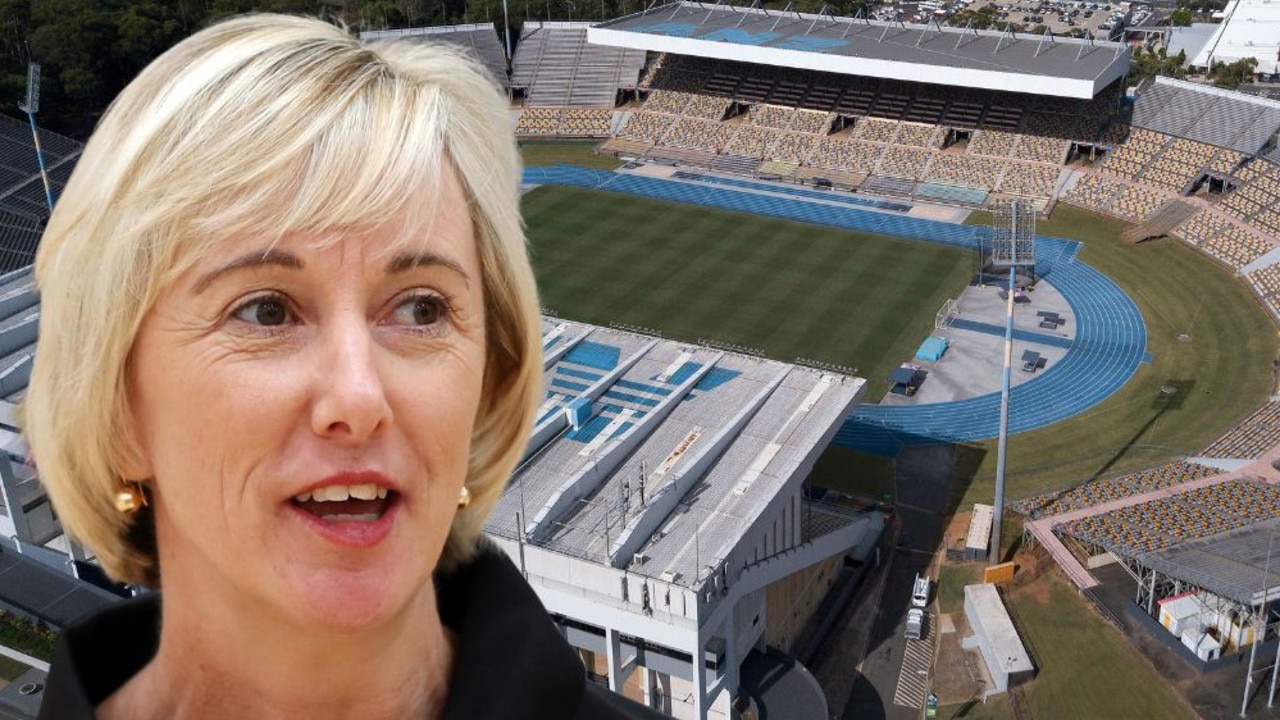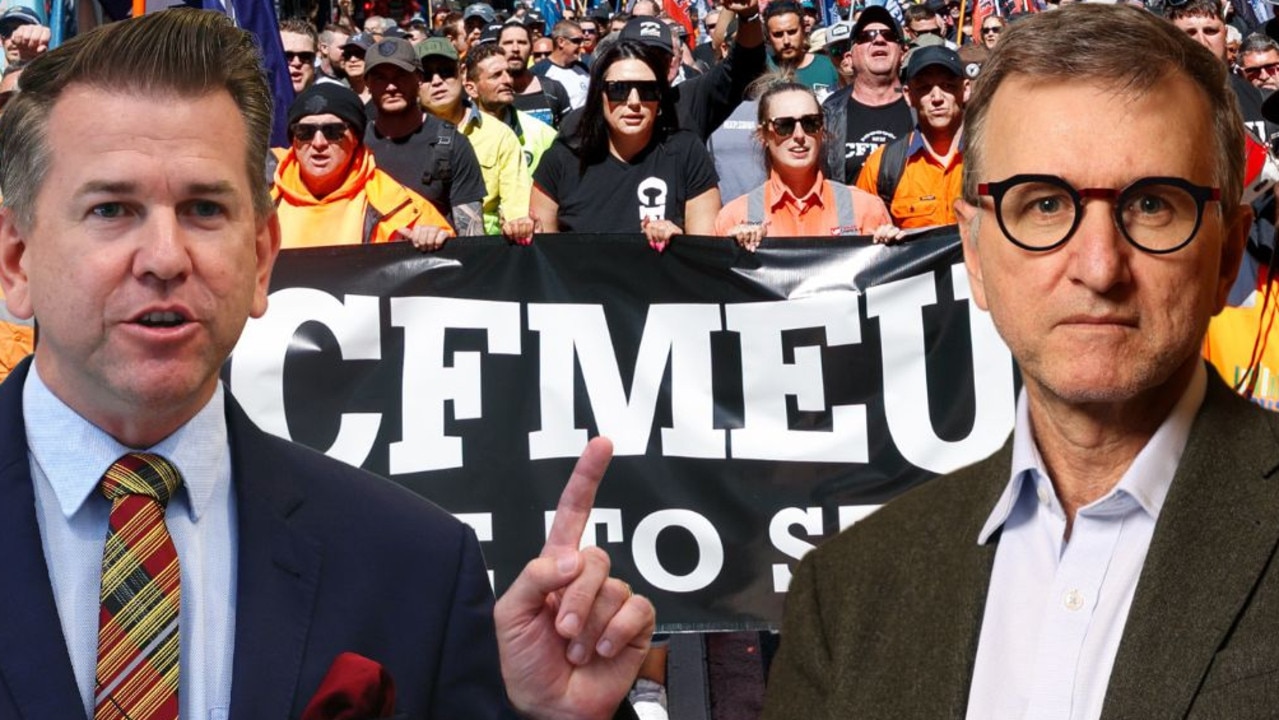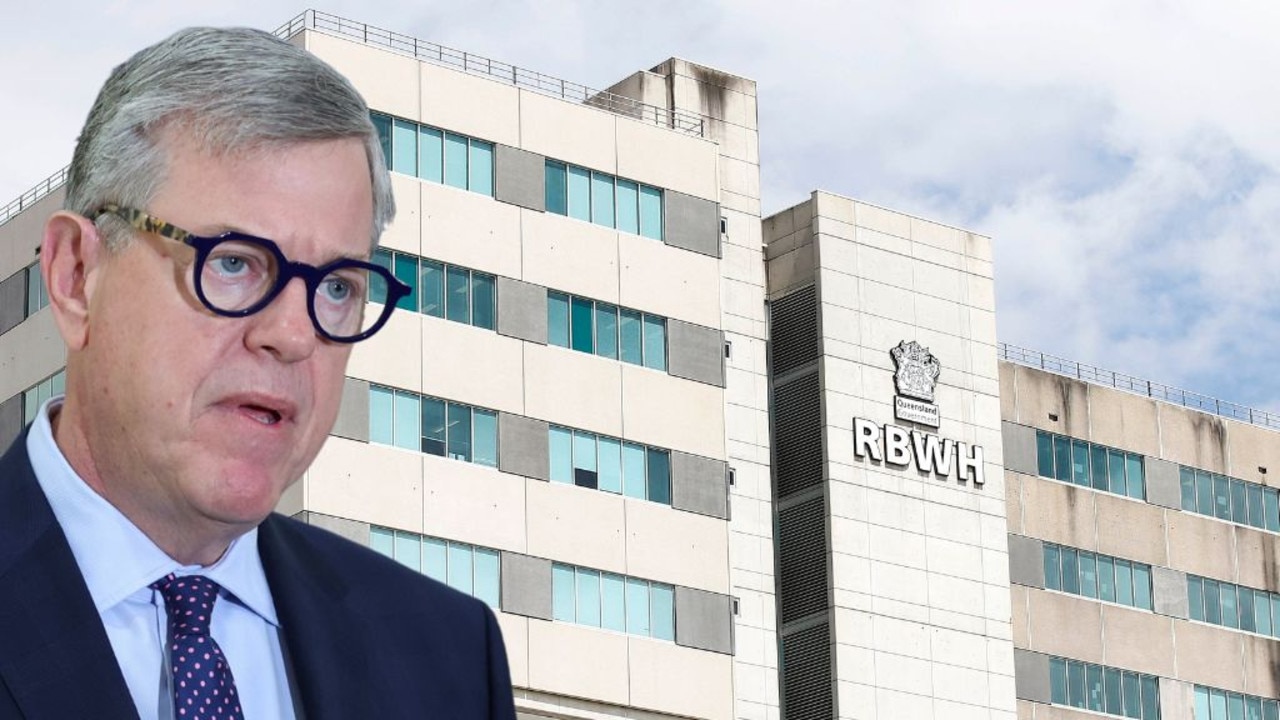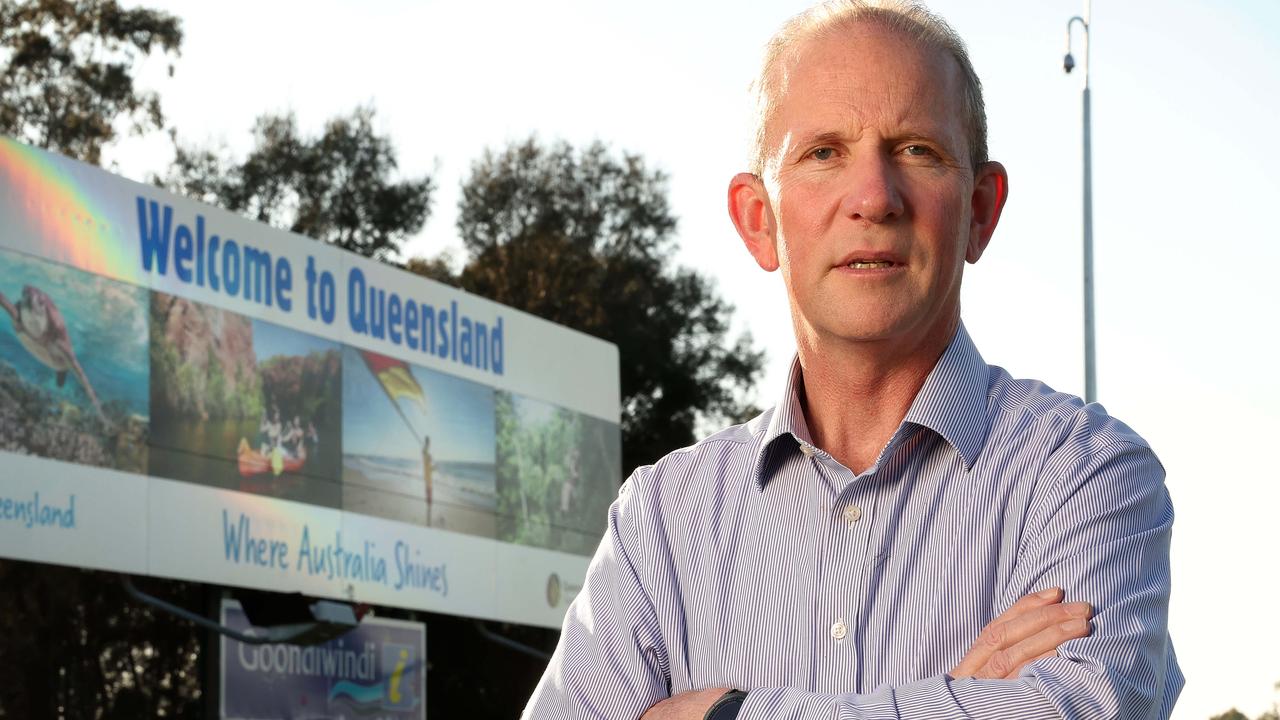Qld govt urged to rule out ‘ill-considered’ rental caps plan
Deputy Premier Steven Miles says the state government is unlikely to implement a rental freeze, but says there needs to be a conversation around the size and frequency of increases. VOTE IN OUR POLL
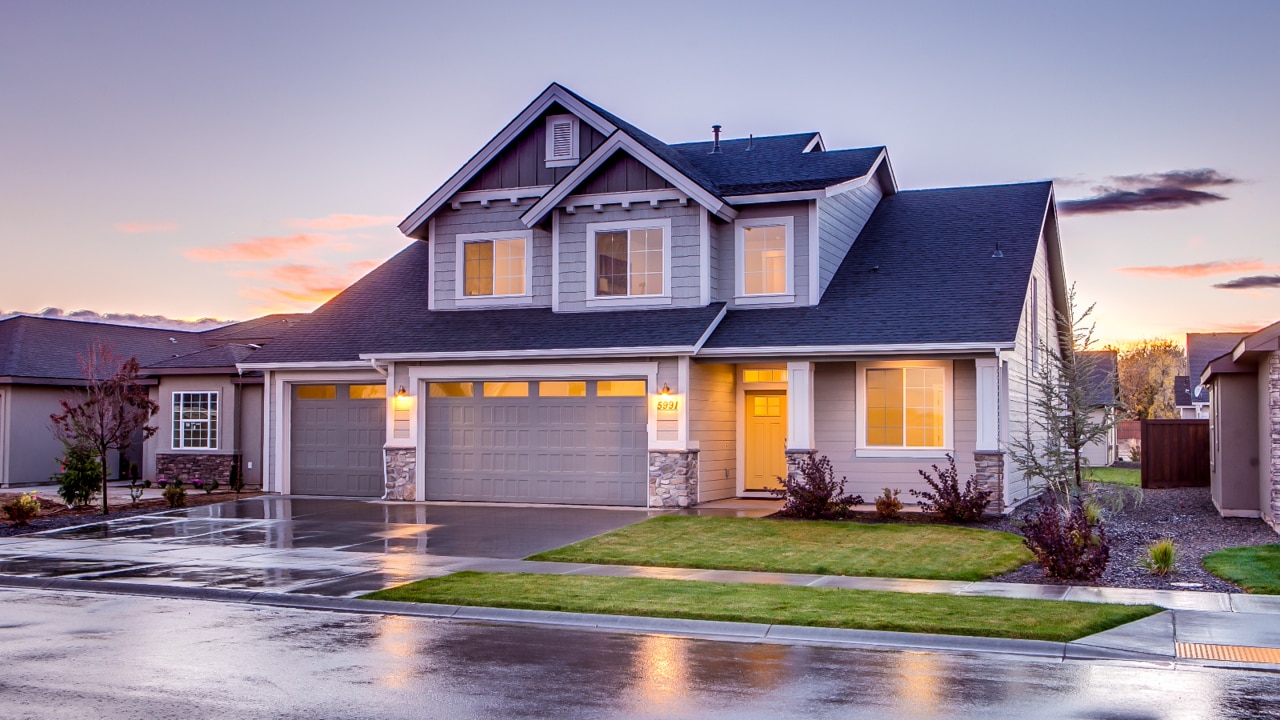
QLD News
Don't miss out on the headlines from QLD News. Followed categories will be added to My News.
Deputy Premier Steven Miles says the state government is unlikely to implement a “rent freeze”.
Fronting the media 24 hours after Premier Annastacia Palaszczuk said the government was “very seriously” considering a cap on rental prices, Mr Miles said there needed to be a “conversation” on whether a limit should be placed on the size and frequency of rent increases.
He accepted the investors needed to “see a return on their investment”.
“In an environment where inflation is very high, where property prices have increased and where interest rates are increasing, that investors will need to see an increased return,” Mr Miles said.
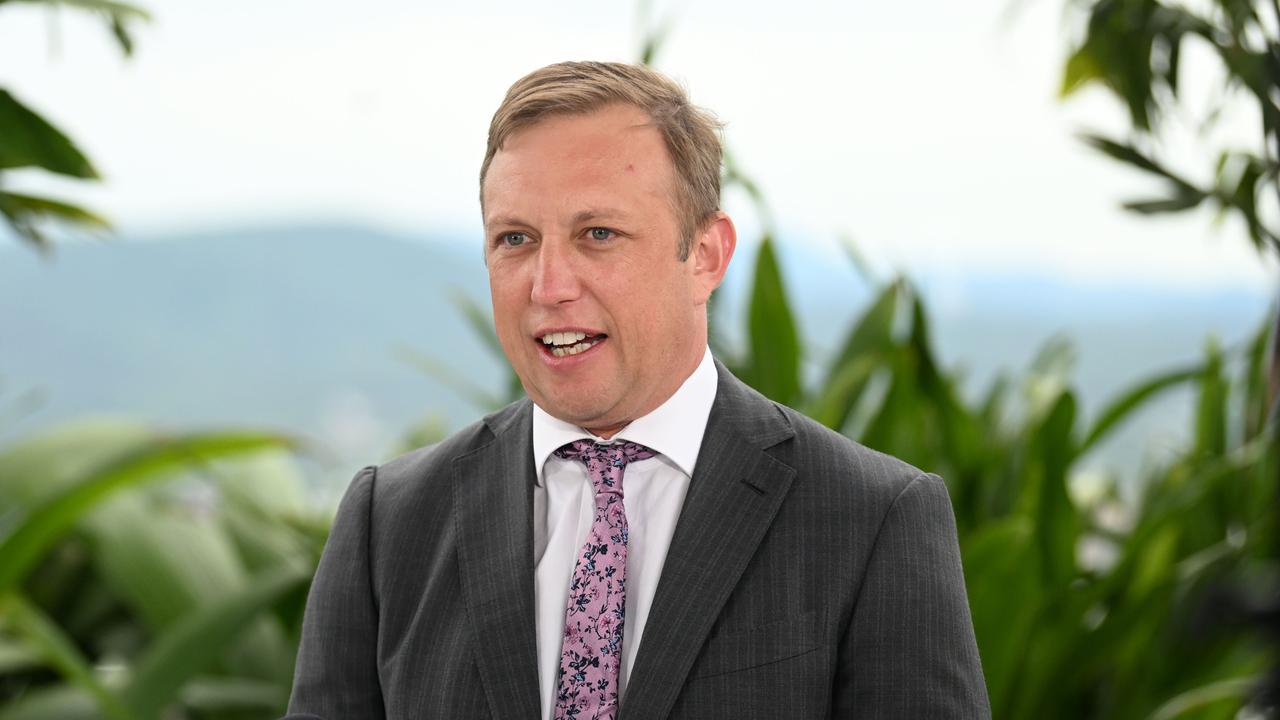
“But whether there should be limits placed on that increase, or whether there should be limits on how often and how they can be increased, they are all the sorts of things we want to discuss”.
Ms Palaszczuk on Monday revealed the state government was “very seriously” considering how to put a rental cap in place, prompting economists to warn the move would make the state’s housing crisis worse.
A Labor-controlled committee, in reviewing a private members bill by the Greens on a rent freeze in 2022, noted rent controls generally were “not effective in improving housing affordability for renters and can lead to distortions in the rental market”.
Mr Miles was adamant the state government was not attempting to rehash Greens’ policy, saying it was “highly unlikely” that Labor would adopt a rent freeze approach.
Ms Palaszczuk’s comments came after a report commissioned by the Queensland Council of Social Service revealed 300,000 people across the state were experiencing housing insecurity amid soaring rental prices and inadequate social housing supply.
The Blueprint to Tackle Queensland’s Housing Crisis report revealed the rate of homelessness surged 22 per cent since 2017 – nearly triple the national rate.
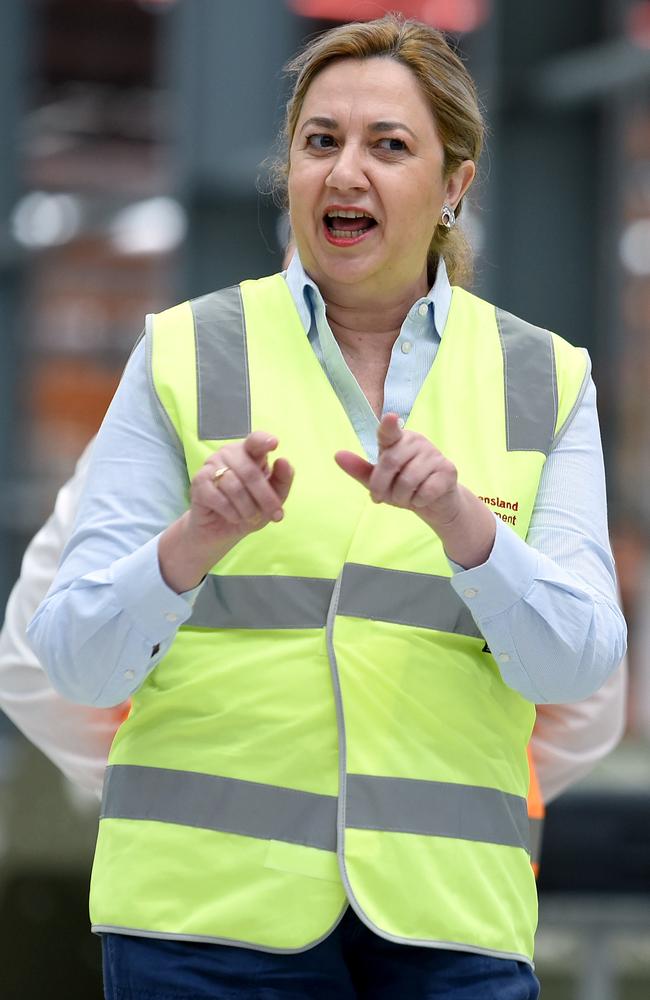
New data from PropTrack also recently revealed tenants in more than 1140 Queensland suburbs were paying up to $430 a week more than they were a year ago, with strong interstate migration and the return of international students adding to pressures.
But economists, including the Grattan Institute’s Brendan Coates, said interfering in the market by putting a cap on rents was bad policy and would make the “race for space even worse” by discouraging investment in rental housing and reducing supply.
“You could potentially make things better in the short term for existing renters, but the very act of making it easy for existing renters will make it worse for those that need housing,” he said.
“A better policy in our view would be boosting the incomes of those struggling to keep a roof over their heads, by raising rent assistance by at least 40 per cent.
“That should be the No. 1 priority right now.”
A Labor-controlled committee, in reviewing a private member’s Bill by the Greens on a rent freeze last year, noted rent controls generally were “not effective in improving housing affordability for renters and can lead to distortions in the rental market”.
Details on what the state government is proposing on rent caps is being finalised, with Deputy Premier Steven Miles signalling a “range of options” would be put forward at a housing roundtable next week.
Ms Palaszczuk also revealed the government stood ready to buy thousands of homes that will lose funding from the winding back of the federal National Rental Affordability Scheme.
The ACT is the only jurisdiction in the nation that puts a cap on rent increases, with landlords needing to head to a tribunal if the increase is more than 10 per cent above the Consumer Price Index for rentals in Canberra.
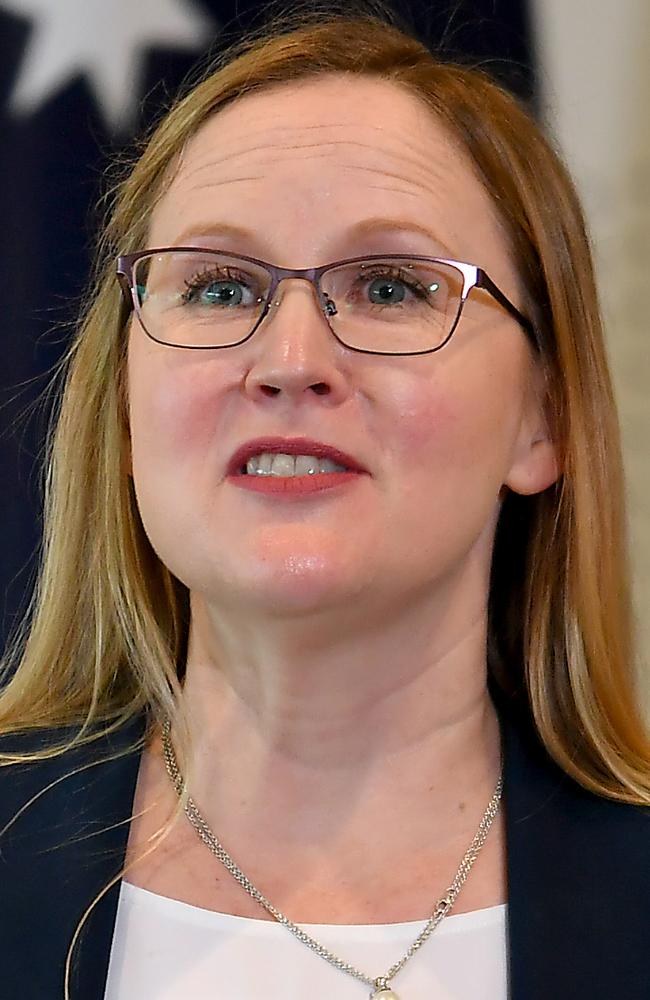
Property Council Queensland executive Jen Williams called on the government to “immediately rule out” rental price caps, warning the “ill-considered policy” would have “far-reaching consequences”.
Ray White Marsden principal Avi Khan warned the imposition of a rental cap could force some landlords to sell up, with any flood of properties on the market to result in a plummet of home values.
“And then when those properties are sold, where do the renters go,” he said.
“If we go down this road, it will be a bloodbath.”
UNSW housing researcher Hal Pawson, who authored the QCOSS report, said it would be “logical” to consider a restriction on the size of rent increases landlords can put in place during a tenancy – with the Consumer Price Index the “most obvious starting point”.
But he warned such a package would need to be partnered with a number of policies to strengthen renters’ powers to avoid issues such as tenants being booted when landlords want to raise rents, which could ultimately contribute to housing insecurity.
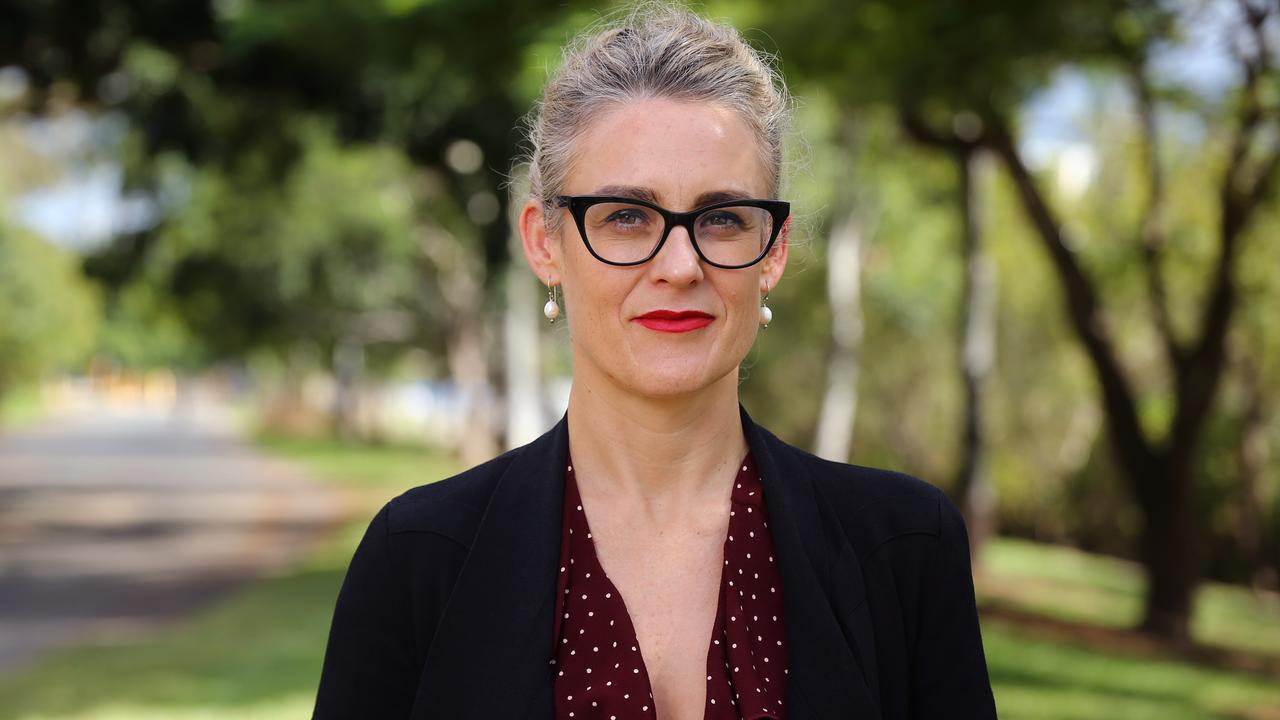
QCOSS chief executive Aimee McVeigh welcomed the proposal to bring in rent caps and buy NRAS homes, but insisted the top priority to alleviate housing pressures was to build more social and affordable housing.
Independent economist Saul Eslake, who has advocated against tax privileges for property investors, said a rental caps policy indicated the government “is sort of giving up on the most effective solutions”.
“Arbitrary limits on whether rents can be increased at all and if so, by how much, are a bad thing,” he said.
“They will discourage investment in rental housing.
“In other words, they will adversely impact the supply of housing. Conceptually the right way to approach it is to increase the supply of rental housing.”
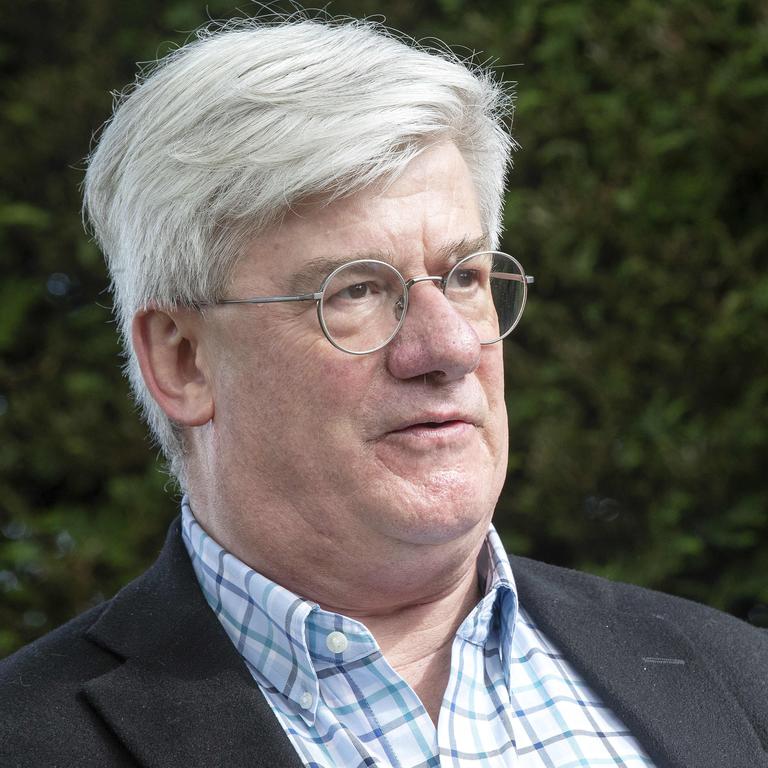
Mr Eslake also noted the risk of rental caps triggering a slippery slope for the government as people could “legitimately ask” why they aren’t capping power prices or grocery cost increases.
Opposition Treasury spokesman David Janetzki said the “absolute focus” of any government was to boost housing supply in the short, medium and long term, and slammed the rental cap as a “shortsighted political announcement” and a “thought-bubble”.
Greens MP Amy MacMahon, who put forward the party’s rental freeze Bill last year, welcomed the government’s indication on rent caps, but said rent controls that “genuinely help” fix the housing crisis needed to be in place.
The Greens’ proposal is to cap rent increases at 2 per cent every two years.
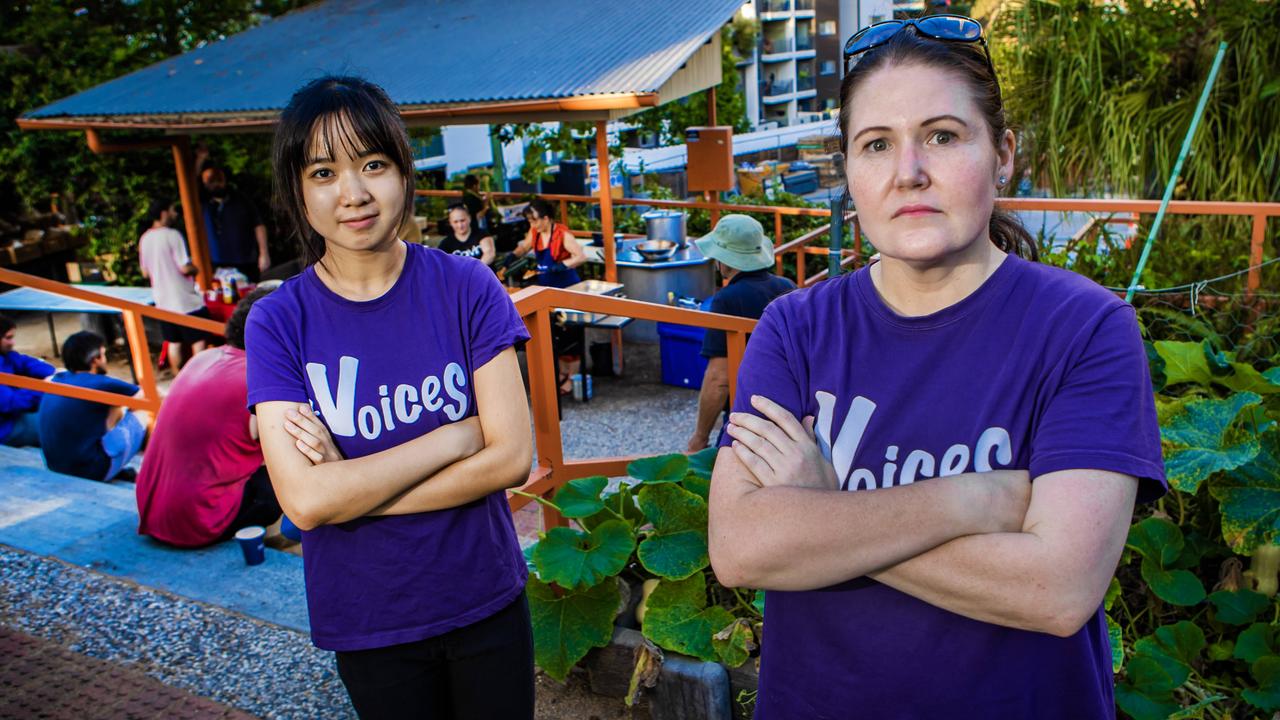
This is ‘soul-destroying’
A woman on a mission to help homeless people says the issue has got ”soul-destroying” in the past six months, with volunteers resorting to buying tents for people to sleep in.
4 Voices founder Jo Westh said more people were needing the services they provided which was offering services such as tea or coffee, access to internet or help with a resume.
“The last six months there are more people living in their cars – women upwards of 70 years of age in their car,” she said.
“It’s crazy because you can’t get accommodation, a couple of years ago we could ring up someone to get emergency accommodation.
“We’ve been buying tents for people because the rental market is so bad.”
Ms Westh said the situation had worsened for women.
“The women we work with don’t leave a violent partner because they are worried they’d have nowhere to live,” she said.
“It just is worsening and people like us who are trying to get people into safety, its soul destroying because at the end of the day you have to say you don’t have anywhere for them to go.”
More Coverage
Originally published as Qld govt urged to rule out ‘ill-considered’ rental caps plan




